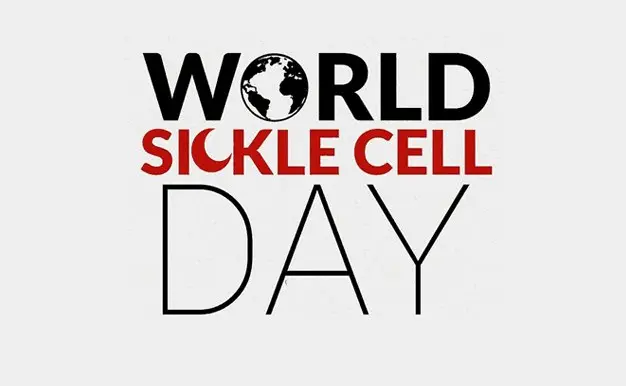CurrentReport Blog As Nigeria commemorates the 2024 World Sickle Cell Day under the theme “Hope Through Progress: Advancing Sickle Cell Care Globally,” the spotlight remains firmly on the urgent need to enhance services for individuals living with Sickle Cell Disease (SCD). With Nigeria bearing a staggering burden of 100,000 to 150,000 sickle cell births annually, it is clear that decisive action is required to alleviate the suffering of those affected and their families.
Challenges Faced by SCD Patients
In a recent interview, Onor-Obassi Egim Tawo, a prominent SCD survivor and advocate, shared compelling insights into the current state of SCD care in Nigeria. According to Tawo, the challenges are multifaceted: inadequate healthcare infrastructure, insufficient government support, and pervasive societal stigma. “Our healthcare facilities are not structured well enough to provide the needed care,” Tawo lamented, highlighting issues such as lack of essential equipment and trained healthcare providers.
Government Intervention and Policy Recommendations
Central to the discourse is the call for governmental intervention to address these systemic issues. Tawo emphasized the necessity of policy changes, urging the enactment of the long-awaited Sickle Cell Act and the expansion of the National Health Insurance Act (NHIA) to encompass critical SCD services. “The NHIS should be reviewed to cover pain management medicines, certain hospital stays, and surgeries,” Tawo advocated, citing personal experiences that underscore the scheme’s current limitations.
Community Support and Awareness
In tackling the pervasive stigma associated with SCD, Tawo stressed the importance of community education and empathy. “Communities need to better understand the realities of living with SCD,” Tawo remarked, noting that misconceptions and negative perceptions often hinder effective support. Initiatives such as SCD awareness events, community outreach programs, and educational campaigns in schools and religious institutions were highlighted as effective strategies to combat stigma and raise public awareness.
Healthcare System Improvements
Improving emergency services, enhancing healthcare provider training on SCD management, and ensuring adequate medical facilities were identified as critical steps toward enhancing SCD care in Nigeria. Tawo recounted personal challenges during a surgical procedure due to equipment shortages, illustrating the dire need for infrastructural improvements in healthcare facilities nationwide.
Financial Burden of SCD Management
Managing SCD, Tawo explained, varies significantly depending on individual circumstances. While routine medications like Folic Acid and Vitamin C are relatively affordable, the costs escalate for pain management, hospitalizations, and treatment of complications such as organ failure and avascular necrosis. These financial burdens underscore the need for comprehensive healthcare coverage and support systems tailored to the unique needs of SCD patients.
Conclusion
In conclusion, Tawo’s advocacy underscores the urgency of prioritizing SCD as a public health concern in Nigeria. With concerted efforts from both governmental and community stakeholders, there is hope for substantial progress in advancing SCD care and alleviating the suffering of thousands of Nigerians affected by this debilitating disease.












